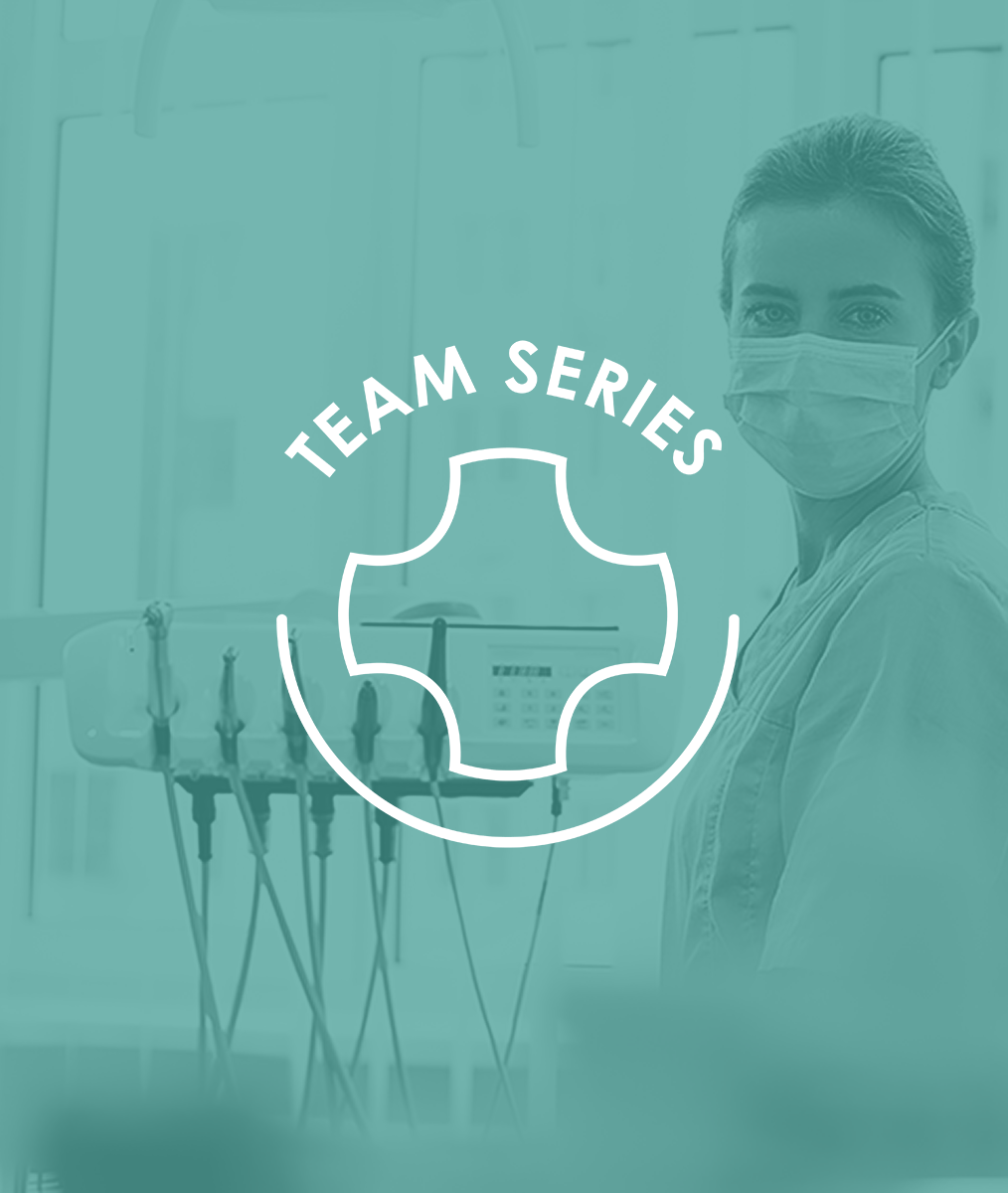The Life and Legacy of Napoleon Hill Might Just Inspire You, Too
By Bill Davis, DDS
When Dr. L. D. Pankey was developing his Philosophy, he studied with many early American business authors and teachers. One such person was Napoleon Hill (1883 -1970). Hill was considered one of the earliest producers of the modern genre of personal success literature.
Hill’s Early Life
He was born in a one-room cabin near the town of Pound in the Appalachian area of Southwest Virginia. Unfortunately, his mother died when he was 9 years old. At the age of 13 he began his writing career as a “mountain reporter” for his father’s local newspaper. Later, he moved to Pittsburgh to work for a big city newspaper as a reporter.
A Career-Making Assignment
In 1908, the editor of the newspaper assigned Napoleon, who was the papers newest and youngest reporter, the job of interviewing the industrialist and philanthropist Andrew Carnegie. At the time Mr. Carnegie, known for his steel business, was among the most powerful men in the world. Napoleon was warned that Mr. Carnegie did not do interviews. Undaunted, Hill went to Andrew Carnegie’s office and told the receptionist he was a reporter and asked to speak to Mr. Carnegie. When he was turned down for the interview and told again that Mr. Carnegie did not like to do interviews, Napoleon didn’t give up. He came back daily and sat in the reception area.
Persistence Paid Off
During the second week of going in and out of his office, Andrew Carnegie asked, “Who is that young man waiting in the reception room.” Carnegie was told it was a newspaper reporter waiting to see him. That evening, at the end of the day, Mr. Carnegie went out to the reception room to see if the young newspaper reporter, who had been waiting quietly for over a week to see him, was still there.
After they introduced themselves, Napoleon told Carnegie he had been sent by his editor to get a story. Napoleon told Mr. Carnegie he hoped to interview him and other wealthy people to discover a simple formula for success. Carnegie was so impressed that he took Napoleon to dinner to continue their conversation.
This was the beginning of a great friendship, and over the next year they met regularly to develop the formula, as Carnegie also wanted to know the formula. Carnegie presented Napoleon with a letter of introduction to Henry Ford. Ford, after his series of interviews, introduced Hill to Alexander Graham Bell, Elmer R. Gates, Thomas Edison, John D. Rockefeller, and others.
Hill’s Bestselling Book
In 1937, Napoleon Hill published a bestselling book, THINK AND GROW RICH, which emphasized a positive attitude and having good communication skills. After reading the book, Dr. L. D. Pankey was very impressed by Hill’s statement: “Whatever the mind of man can conceive and believe, it can achieve.” Conceiving and believing are just the first steps to achieving your goals. According to Hill, you must take serious action.
Every innovation, every invention, and every work of art begins with an idea. Long before the Wright brothers ever flew, Leonardo Da Vinci had sketched and designed an aircraft. Da Vinci conceived of mechanized flight, but the Wright brothers believed it was possible, they acted on that belief, and thus achieved flight.
Hill’s Lasting Impact on Dentistry
In 1929, L. D. Pankey had the idea that teeth could and should be saved, although at first, he didn’t know how. His belief was strong enough to motivate him to do some research, study what was known at that time, and do the necessary experimentation to make his idea a reality. One of the people he was most inspired by was Napoleon Hill. His model of ambition and teachings about how others achieved innovations spurred L. D. on. Belief in himself and his idea helped L. D. persist despite some uncertainty, blind alleys, and many other frustrations.
The ambition and growing ability to save teeth was arguably the biggest change ever to occur in dentistry. From this concept, innumerable innovations have been born and are accelerating today.
Where Would You Like to Go?
There is an old Chinese saying, “If you do not know where you are going, you are likely to end up somewhere.”
Too many people end up “somewhere” because they have not clearly defined where they want to go. The first step in moving toward greater satisfaction is to set specific goals. Vague goals such as, “I’d like to be a better dentist,” “I’d like to be happier,” or “I’d like to make more money,” are common.
Napolean Hill would say that more specificity will take you somewhere purposeful. Perhaps, “I would like to learn about implant placement,” “I want to have more fun with my children,” or “I want to earn 15% more this a year.” Then, be evermore specific and set definite time frames so you can measure your progress. For example:
- “I would like to begin training in implant placement this coming September and be placing implants successfully in June. Tomorrow, I will begin by investigating continuing education programs in the science of implants.”
- “I would like to have more fun with my children. At dinner tonight, I will ask my children about ideas they think would be fun activities, and we will start by doing one of the activities each week.”
- “I would like to increase my income by 15% this year. I will meet with my accountant and a dental practice coach this month to look at ways to increase my profitability. I will also do some more reading in practice management.”
Believe in Your Goals and Your Ability to Achieve Them
Once you have conceived your ideas, you must believe it is possible to achieve them. Without the power of belief, you will not take your ideas seriously; nor are you likely to weather the many setbacks and frustrations that will probably come along with you on your journey.
Related Course
Creating Financial Freedom
DATE: March 6 2025 @ 8:00 am - March 8 2025 @ 2:00 pmLocation: The Pankey Institute
CE HOURS: 16
Dentist Tuition: $ 2795
Single Occupancy with Ensuite Private Bath (per night): $ 345
Achieving Financial Freedom is Within Your Reach! Would you like to have less fear, confusion and/or frustration around any aspect of working with money in your life, work, or when…
Learn More>






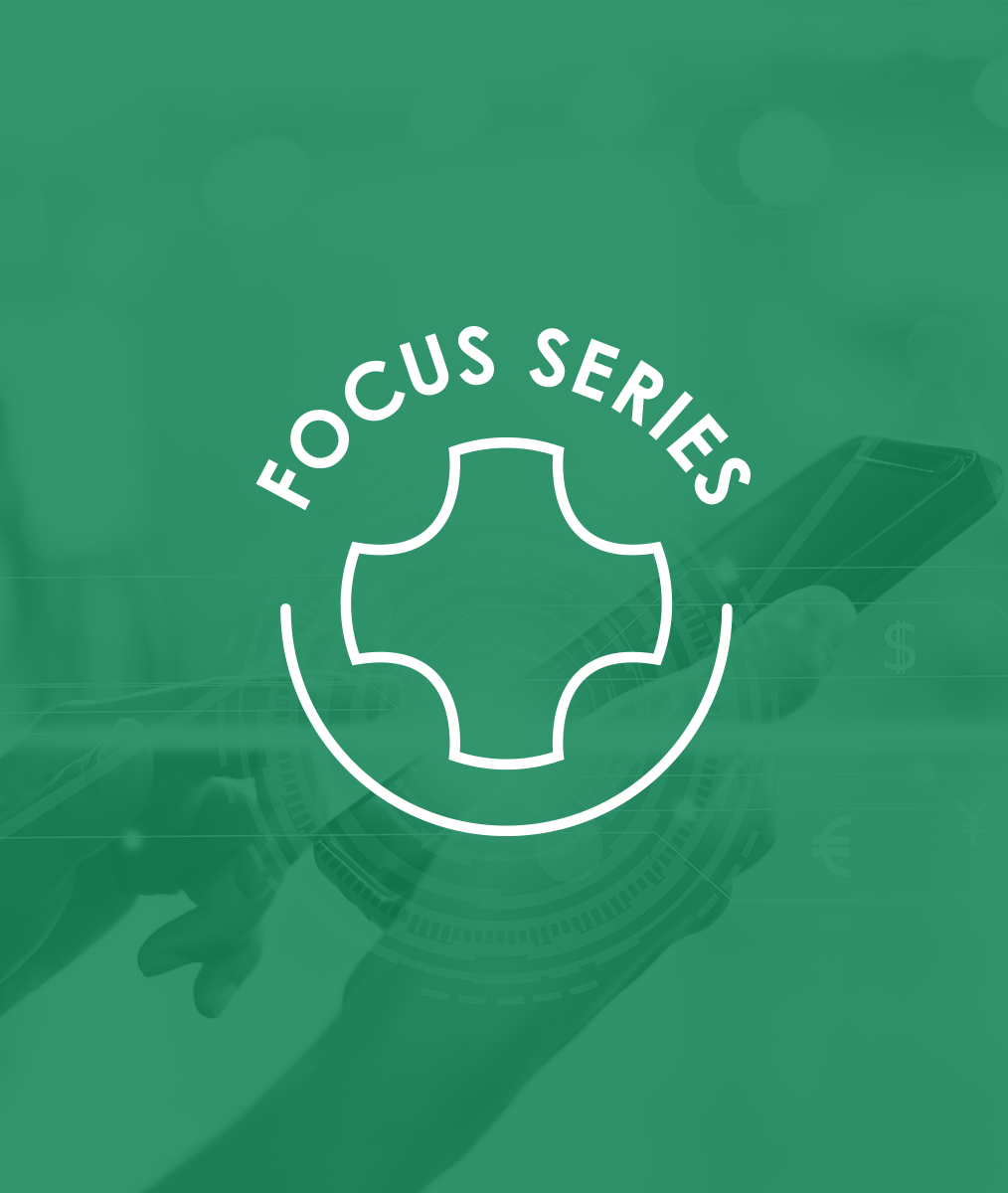


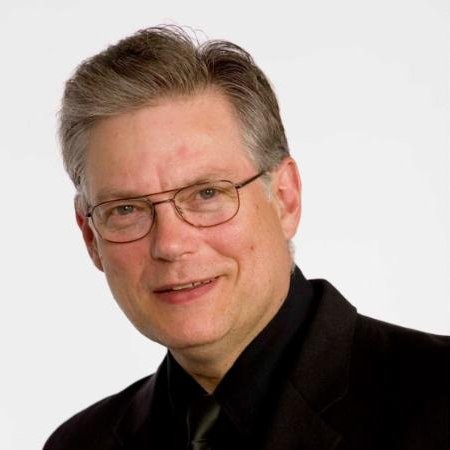

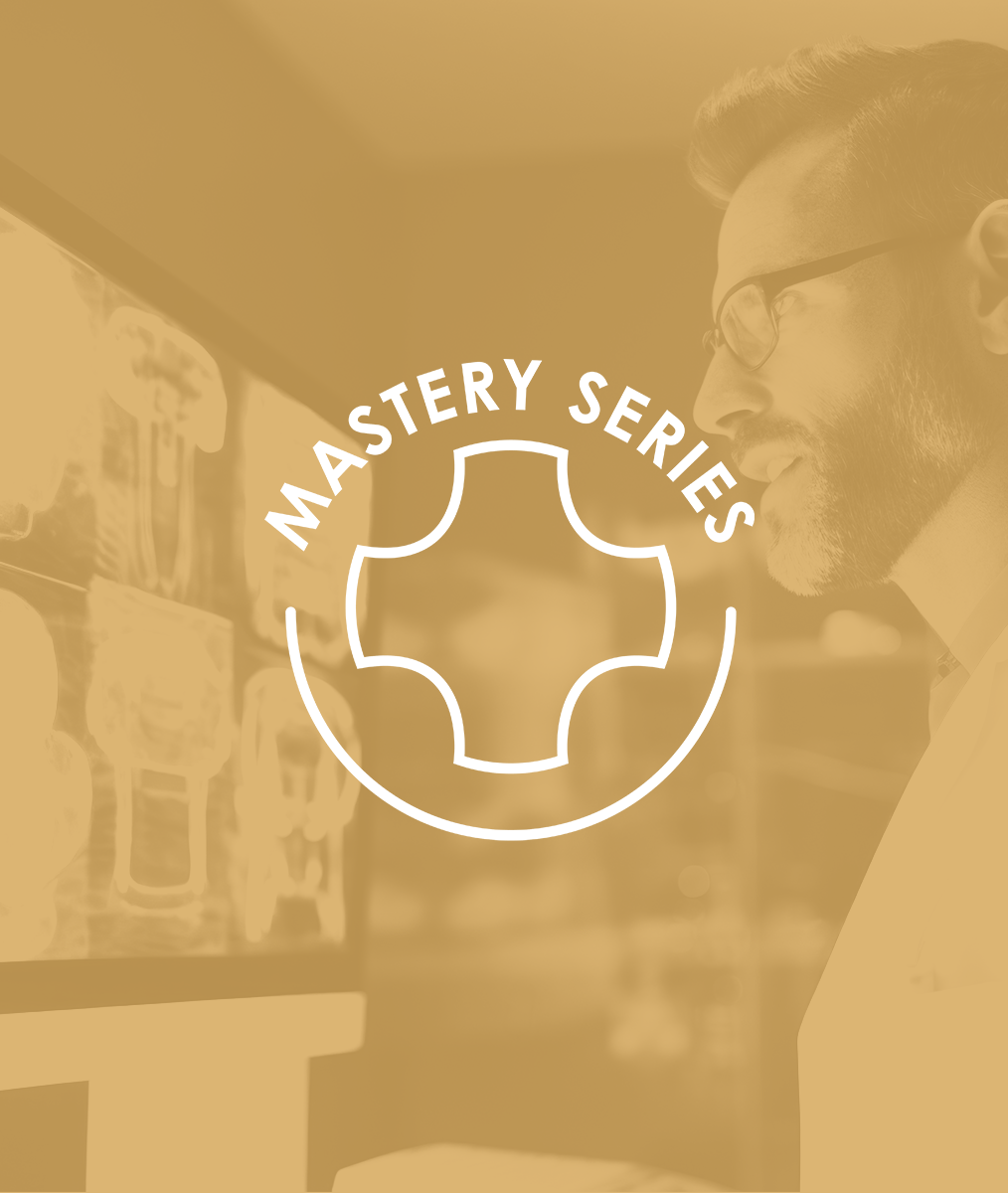



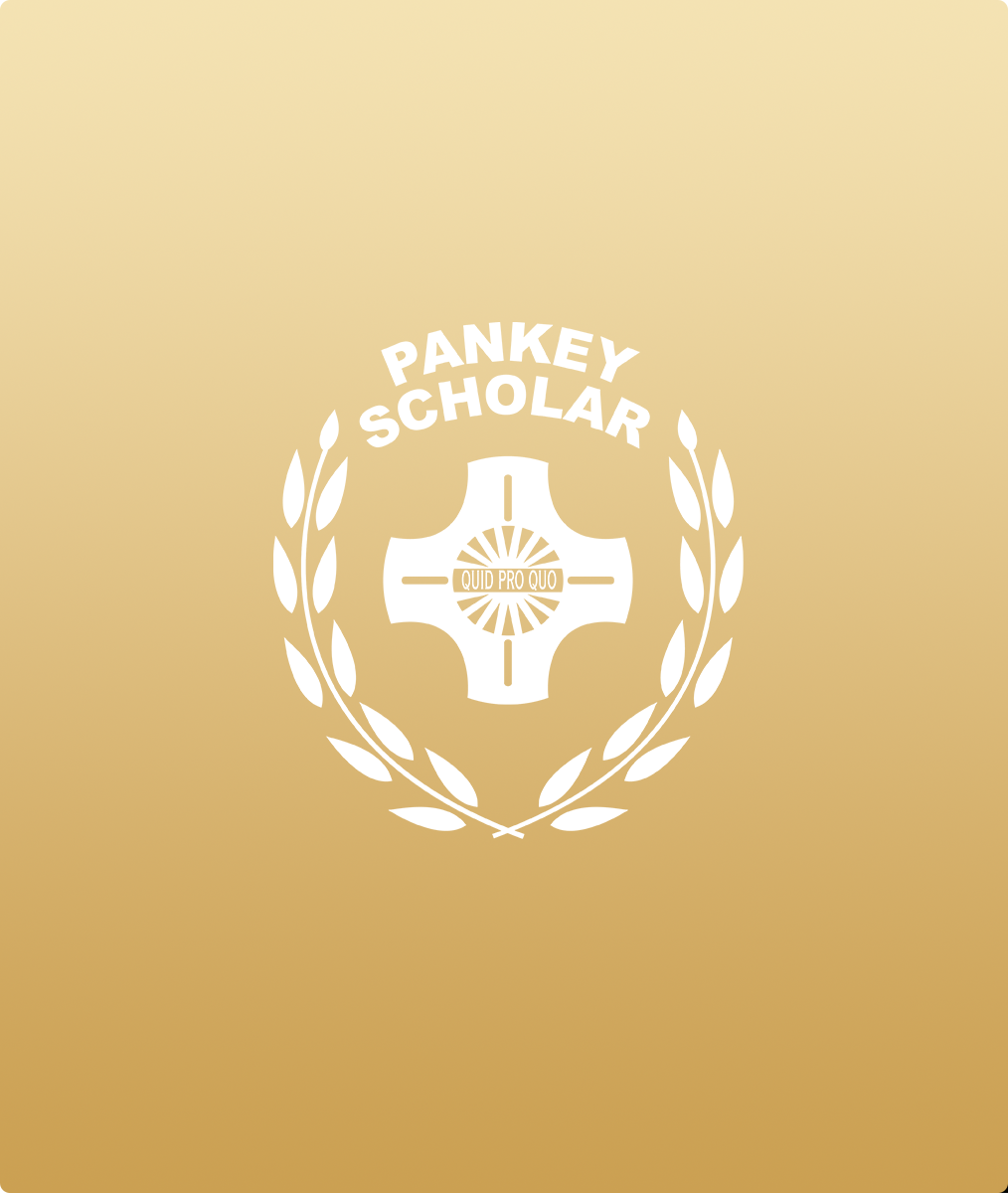

 Luckily, just across the street from the Pankey Institute is a small (but recently renovated & expanded) walk-up restaurant called ‘Oasis Cafe.’ Ordering at this local’s favorite can seem intimidating at first to those unfamiliar with Cuban cuisine, but it is actually a great experience.
Luckily, just across the street from the Pankey Institute is a small (but recently renovated & expanded) walk-up restaurant called ‘Oasis Cafe.’ Ordering at this local’s favorite can seem intimidating at first to those unfamiliar with Cuban cuisine, but it is actually a great experience.